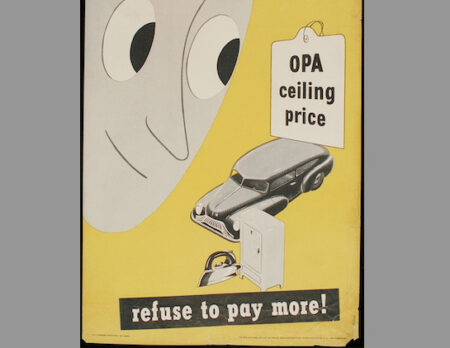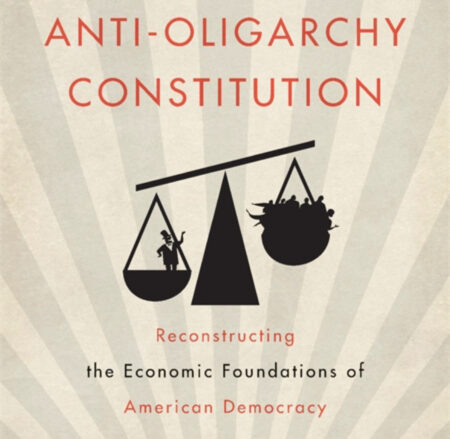
Black Panthers: Building Power through Prefiguration
By organizing and running free health centers, the Black Panthers not only delivered much needed social provisions. They also empowered participants to envision and pragmatically move toward new political horizons.






